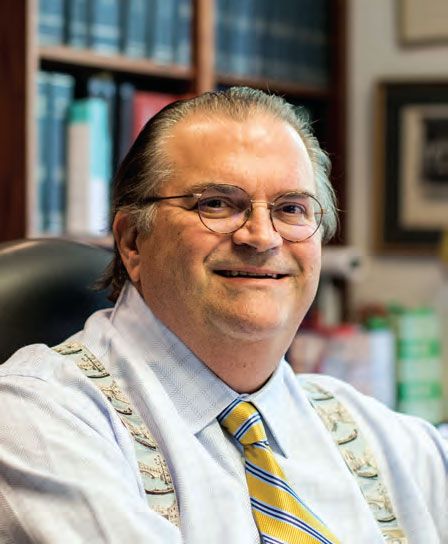Discovery Winter 2019
November 4, 2018

Our research is evolving. Today, we are curing urological cancers that were not curable even a few years ago, with better diagnosis, refined surgery and radiation, and newly discovered classes and combinations of drugs. Through the incredible generosity of our patients and friends, our world-class scientists are leading an all-out effort to track down the genes involved in hereditary prostate cancer. We’re also looking at the genes of men who ar e considering Active Surveillance, to make sure this is a safe option for them, and w e are finding genetic and molecular markers that can tell us which men with the most aggressive prostate cancer can benefit from immunotherapy.
Our scientists at the Greenberg Bladder Cancer Institute continue to lead the field with pioneering molecular subtyping of cancer — finding specific gr oups of people with similar types of cancer, who will respond better to particular treatments — with new immunotherapy and chemotherapy approaches, and innovative mini-bladders, made from a patient’s own cells. In renal cancer, our strategy of highly patient-specific treatment has allowed hundreds of people to be safely monitored for small tumors, and our multidisciplinary “Go Team” is saving the lives of people who have tumors that are considered inoperable at other centers. Finally, with great sadness but also much joy, we honor the life of our beloved research director and friend, Donald S. Coffey, whose legacy continues in the generations of scientists he has trained.
Best wishes,
Alan W. Partin, M.D., Ph.D.
The Jakurski Family Director
Urologist-in-Chief
Professor of Urology
The James Buchanan Brady Urological Institute
